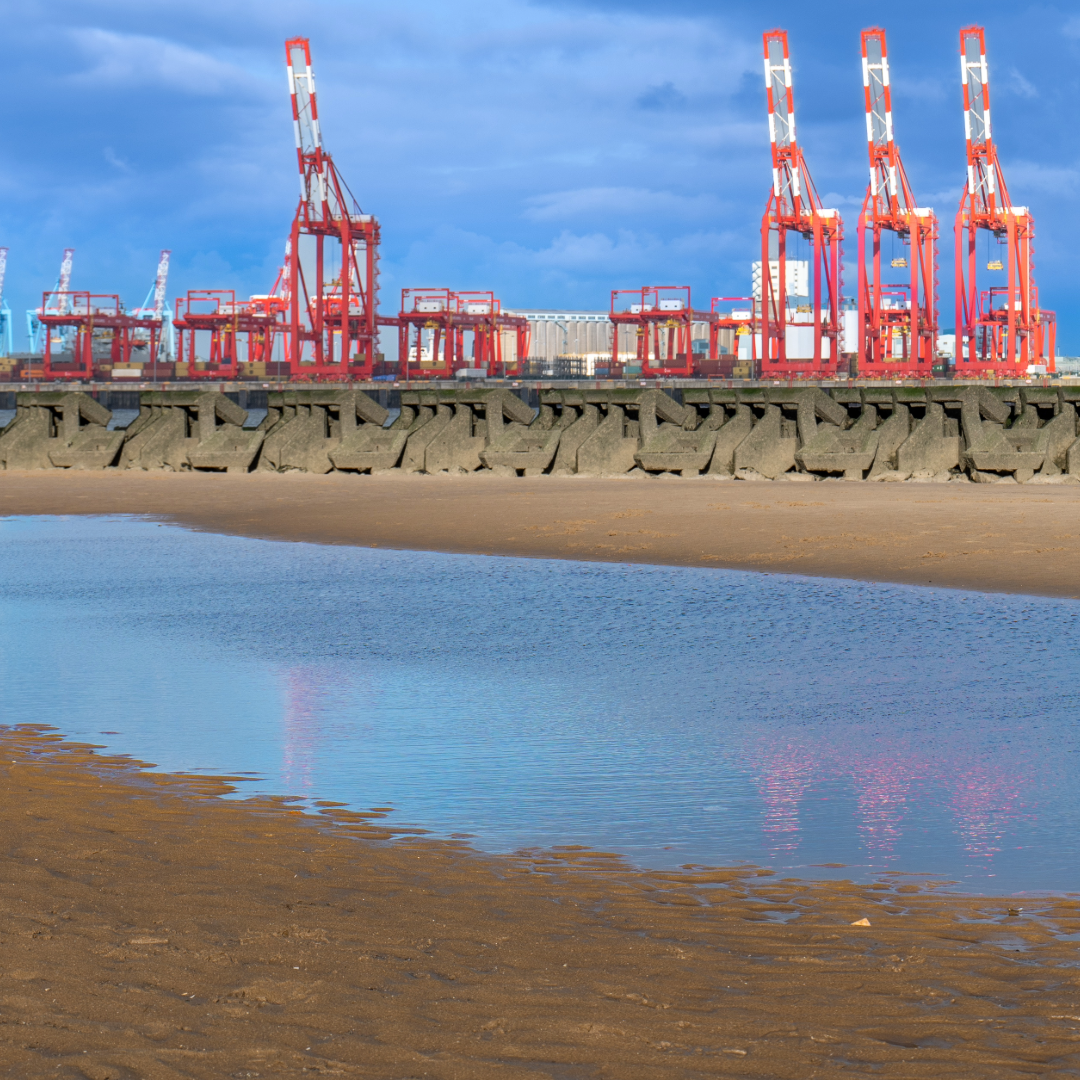
Changing Tariffs Could Affect Your ISA and UK Investments.
Changing Tariffs Could Affect ISAs and Investments in ways many investors have not considered.
Tariffs might seem like a distant issue reserved for economists and politicians, but for UK investors, especially those holding Stocks and Shares ISAs, changes in trade policy can have real, measurable effects.
It’s important because even slight changes in tariffs could potentially affect ISAs and various investments that you hold.
As independent financial advisers, we often help clients understand how seemingly abstract policy shifts, such as tariffs, can trickle down and impact portfolio performance.
In a globally connected market, even modest tariff adjustments can affect industries, company earnings, and investor returns. This is crucial as Changing Tariffs Could Affect ISAs and Investments.
Why Do Tariffs Matter to Investors?
Tariffs are taxes placed on imported goods that could affect ISAs and investments.
While designed to protect domestic industries, they often have unintended consequences for consumers, businesses, and markets.
When tariffs increase, businesses reliant on imported components, like electronics, automotive parts, or textiles, face rising costs. These costs often get passed on to consumers or absorbed into profit margins, reducing earnings and, in turn, lowering stock values.
Susannah Streeter, Head of Money and Markets at Hargreaves Lansdown: “Rising tariffs can act as a brake on economic activity and company profitability, which in turn dents investor sentiment and stock market performance.”
This matters for ISA investors.
Many Stocks and Shares ISAs are invested in funds with exposure to global sectors sensitive to trade policy, particularly the manufacturing, retail, and tech sectors, showing how changing tariffs significantly affect these investments.
The Impact on ISA Investments
Although ISAs are tax-free wrappers, the investments within them still respond to market conditions. Tariff changes can lead to:
- Market Volatility: Companies facing higher input costs may see share prices fall, impacting equity funds.
- Sector-Specific Risk: Funds heavily weighted in import-heavy sectors could underperform.
- Currency Fluctuations: Tariffs can pressure the pound, affecting internationally diversified portfolios.
- Inflation Risks: Increased tariffs may drive up inflation, harming both stocks and fixed-income investments.
David Page, Chief Economist at AXA Investment Managers: “Trade tensions and tariffs can trigger inflationary pressures and supply chain disruption, both of which have implications for investor returns and risk management.”
Changing Tariffs Could Affect ISAs and Investments- What can investors do?
As independent financial advisers, we recommend the following proactive steps:
- Review and Diversify: To reduce concentration risk, ensure your ISA holdings are spread across sectors and regions.
- Reassess Your Risk Tolerance: If policy-related volatility worries you, consider adjusting your exposure to high-risk sectors.
- Think Long-Term: While tariffs can cause short-term noise, a well-structured portfolio tends to weather storms.
- Stay Informed and Advised: Market environments shift — your investment strategy should evolve too.
Changing Tariffs Could Affect ISAs and Investments- We’re here to help
Understanding the relationship between government policy and portfolio performance can feel overwhelming.
That’s where we come in. As independent advisers, we offer personalised guidance to help you adapt, protect, and grow your investments in any economic climate.
Whether you’re new to ISAs or managing a long-term investment plan, we can help you navigate today’s complex market with clarity and confidence.
Contact us today to discuss your concerns and how we can help.
